Refusing a breath test during a suspected DUI stop in Colorado isn’t a minor decision. This choice instantly triggers a series of steep administrative and legal consequences for Colorado drivers. With increased DUI enforcement in cities like Denver, Colorado Springs, Fort Collins, and Grand Junction, understanding your rights—and the aftermath of refusal—can make all the difference for your future on the road.
Below, we break down the law, penalties, statistics, real-world stories, and strategies specific to Colorado, so you have all the details to make informed decisions if you or a loved one ever faces this high-stakes situation.
Understanding Colorado’s Implied Consent Law
The Foundation of Implied Consent
In Colorado, when you accept a driver’s license and drive on the state’s roads, you agree in advance to submit to chemical testing if an officer suspects you of driving under the influence of alcohol or drugs. This “implied consent” is baked into the privilege of driving, not just in Denver or Boulder, but statewide.
Administrative vs. Criminal Consequences
Refusing a breath test doesn’t just mean you avoid providing evidence. Instead, separate administrative penalties kick in—on top of any criminal DUI consequences that may follow later. These penalties are enforced by the Colorado Department of Revenue’s Division of Motor Vehicles, and in many cases, they are stricter than the ones you’d face for failing the test itself.
What Immediately Happens During a DUI Stop
The Roadside and Legal Process
If you’re stopped by police in a city like Aurora, Pueblo, or Steamboat Springs, and the officer suspects DUI, they will likely administer roadside sobriety tests first. If you are then arrested, you are required by law to submit to chemical testing—typically a breathalyzer for alcohol, or a blood test if drug impairment is suspected.
Refusal only applies to post-arrest chemical testing. Colorado law distinguishes between roadside preliminary breath tests, which are voluntary for drivers 21 and over, and mandatory chemical tests after an arrest.
The Officer’s Role and Your Response
Police must clearly inform you about the consequences of refusing a chemical test. If you refuse, the officer will confiscate your license on the spot and issue a temporary permit, valid for just seven days. You will receive a notice of revocation, and the clock starts on your right to challenge the suspension.
License Suspension: Durations and Escalating Penalties
First Refusal
With a first offense, your Colorado driver’s license is subject to a one-year suspension, regardless of where you live in the state. This suspension is automatic and administrative—meaning it is imposed by the DMV separately from any court case or criminal charges.
Repeat Refusals
If you refuse a breath or blood test for a second time, the suspension doubles to two years. For a third or subsequent refusal, expect a three-year revocation.
This “stacking” of penalties applies even if the prior refusals or DUIs were years apart. There is no statute of limitations on how past refusals can extend future license suspensions.
No Criminal Charges for Refusal—But No Escape From Consequences
Refusing the test in Colorado is not itself a separate criminal offense, but it does lead to severe administrative penalties, as well as being used against you in a criminal DUI or DWAI case.
The Hearing Process: Can You Fight the Suspension?
Requesting an Express Consent Hearing
After refusing a breath test in any Colorado community, from Greeley to Durango, you have only seven days (not business days) to request an administrative hearing with the Department of Revenue. If you don’t act in time, the suspension is automatic.
What Happens at the Hearing
At the hearing, you (or your lawyer) can challenge whether the officer had probable cause, whether you truly refused, and whether all procedures were correctly followed. If the hearing officer finds in your favor, revocation may be avoided—but this is rare.
Failure to request a hearing within seven days means you lose the right to challenge the suspension.
Persistent Drunk Driver Designation: The Hidden Consequence
What is a Persistent Drunk Driver (PDD)?
Colorado takes refusal so seriously that even a first-time refusal lands you on the state’s Persistent Drunk Driver registry. This designation is usually reserved for those with high blood alcohol readings or repeat offenders, but in this case, the refusal alone qualifies.
Extra Penalties for PDDs
Being labeled a Persistent Drunk Driver is a big deal. It brings with it mandatory enrollment in a Level II Alcohol Education and Therapy program, a requirement to install an ignition interlock device (IID) on any vehicle you drive for at least two years, and strict reinstatement requirements.
Additionally, you must carry SR-22 insurance (a form of high-risk insurance certification) for at least three years.
Getting Your License Back After Refusal
Early Reinstatement: How and When
Colorado allows some drivers to resume driving after two months of suspension if certain steps are taken: enrolling in a Level II Alcohol and Drug Education program, installing an ignition interlock device, and providing proof of SR-22 insurance.
This process is available to most adults, but for drivers under 21, early reinstatement is not allowed for a full year.
Costs and Practical Barriers
The ignition interlock device must be professionally installed, costing up to $200, with monthly fees of up to $90. Classes and insurance add further expense. Altogether, the financial impact rivals and often exceeds the cost of a first DUI conviction.
Refusal Rates and Real-World Data Across Colorado
Statewide Trends
Recent years have seen refusal rates surge in Colorado. In 2022, law enforcement agencies across the state made nearly 13,000 impaired driving contacts, and the Denver metro area—along with Colorado Springs, Fort Collins, and Grand Junction—reported more than half of those stopped refused the chemical test.
The refusal rate hit 54%, marking a sharp increase compared to national averages. This rise sparked new awareness campaigns by the Colorado Department of Transportation, with targeted efforts in cities throughout the Front Range and Western Slope.
Why Are Refusal Rates So High?
Surveys show that many drivers in Colorado misunderstood the direct consequences of a refusal. Some were advised by friends or family to refuse the test in hopes of avoiding incriminating evidence, only to later regret this advice when facing even sharper administrative penalties and costly, lengthy barriers to license reinstatement.
How Refusal Impacts the Criminal DUI or DWAI Case
Using Refusal as Evidence
Prosecutors are allowed to use your refusal to submit to testing as evidence in any subsequent criminal case. They often argue that refusal shows a “consciousness of guilt,” which can undermine your defense in court in Denver, Boulder, or Trinidad.
Separate Penalties for DUI/DWAI
It is crucial to understand that administrative penalties for refusing the test happen even if you aren’t convicted of DUI or DWAI. Conversely, a later conviction on the criminal charge brings its own penalties: possible fines, jail, community service, probation, and an additional license suspension or revocation.
Common Myths and Mistakes in Major Colorado Cities
Myth: “Refusing the Test Means the Case Goes Away”
In cities like Lakewood, Loveland, and Castle Rock, many drivers believe that without a breath test, there’s no case. In reality, officers and prosecutors will proceed with physical evidence, field sobriety tests, officer observations, and video. The refusal itself is often seen as suggesting guilt.
Myth: “I Can Get My License Back Quickly”
While interlock-restricted reinstatements are available after two months for many adults, the process is neither quick nor easy. Ignition interlock requirements, SR-22 proof, and mandatory alcohol education are both costly and time-consuming.
Mistake: Missing the Administrative Hearing Deadline
Drivers in busy areas like Aurora and Grand Junction might not realize that failing to request a hearing within seven days guarantees revocation. Consult an attorney or DMV office immediately after a refusal incident.
Practical Effects on Life and Driving
Employment and Lifestyle Disruption
Colorado’s rapid urban growth makes having a car nearly essential for many jobs in areas like Westminster and Erie. License suspension often leads to job loss or demotion, especially for those in driving professions or areas underserved by public transit.
Insurance and Financial Fallout
High refusal rates have forced Colorado insurers to hike premiums for high-risk drivers. SR-22 insurance is mandatory for those labeled PDDs—adding thousands of dollars over several years to the total cost.
Lasting Criminal Record and Stigma
Even without a DUI conviction, a record of test refusal and the associated administrative actions become part of your DMV record, making future stops, job pursuits, or license renewals more complicated.
Defenses and Special Cases: Medical, Procedural, and Physical Limitations
Legal and Medical Exceptions
Very few exceptions allow a valid refusal. If a medical condition makes testing inadvisable or physically impossible (such as severe respiratory issues precluding blowing into a device), you may argue for an exemption; however, these cases are rare and scrutinized closely by state officials.
Challenging the Stop
Sometimes, refusal-related penalties can be avoided if your attorney successfully challenges the legality of the stop. This could include showing the officer lacked probable cause or didn’t explain consequences clearly.
City Spotlights: How Local Enforcement Shapes the Landscape
Denver and Colorado Springs
The state’s two largest cities deploy specialized DUI task forces that focus on weekend and holiday periods, where enforcement and testing demands peak. Refusal rates are especially high in the metro area, partly due to the higher number of stops and greater public awareness.
Fort Collins, Boulder, and Pueblo
College towns like Fort Collins and Boulder see a spike in refusals among young adult drivers, sparking education efforts at the University of Colorado and Colorado State University campuses to combat myths about refusing tests.
Grand Junction and Mountain Towns
In rural and mountain communities, logistical issues sometimes complicate access to blood testing, but the consequences of refusal remain uniform throughout the state.
Real-life Stories from Colorado Drivers
In Colorado Springs, a rideshare driver was pulled over on suspicion of DUI after a minor accident. Fearing a positive result, he refused the breath test, assuming it would delay or weaken any case against him. Instead, he lost his license for a year, spent hundreds on legal fees and reinstatement costs, and could not work for several months.
In Denver, a student returning from a concert in Boulder faced a similar consequence. She missed the seven-day window for requesting a hearing, was labeled a Persistent Drunk Driver, and had to install an ignition interlock device before her graduation. The stigma and logistical issues followed her well into her professional life.
Prevention, Education, and Future Trends
Statewide Awareness Campaigns
With Colorado’s high refusal rate, agencies have doubled down on public education. Statewide campaigns in cities such as Aurora, Fort Collins, and Castle Rock now explain the true consequences of refusal in materials distributed at DMVs, events, and through social media.
Technology and Interlock Expansion
Advancements in ignition interlock technology have made it easier and more affordable to comply with requirements, but they remain a major life alteration for any driver required to install them after a refusal.
Closing Thoughts: Making an Informed Choice
Refusing a breath test in Colorado triggers swift and severe administrative action. Suspensions last at least a year, repeat refusals stretch up to three years, and a “Persistent Drunk Driver” designation brings lasting insurance and mobility burdens. While every situation is unique and consulting local legal experts is key, drivers should never assume that refusal brings relief from scrutiny or penalties in Colorado.
Knowledge is your strongest ally. Whether you’re in the heart of Denver, the mountain trails of Aspen, or the college avenues of Boulder, understanding the consequences of breath test refusal—and the tough process that follows—can keep you on the road and build a safer future for everyone in Colorado.

Mrs. Odice has been a teacher here for 9 years. She likes yoga and spends most of her time with her 3 kids. She also grew up going to Douglas County schools and is Canadian.

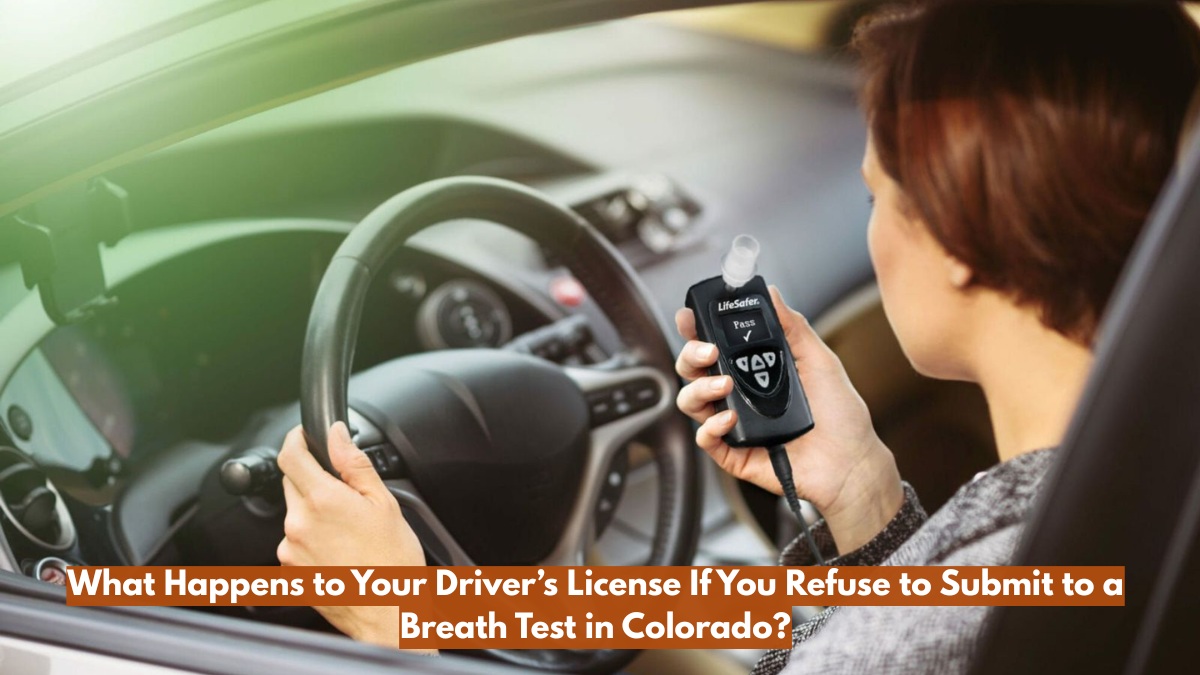
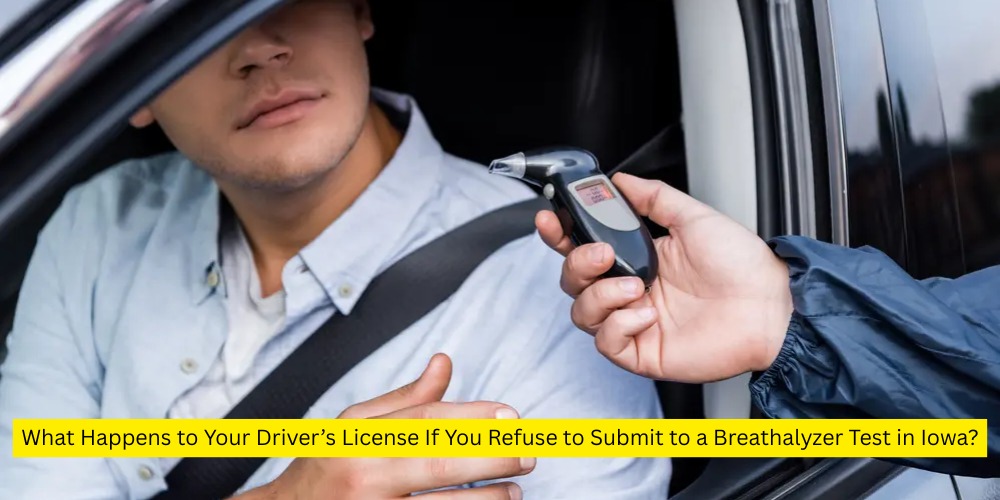
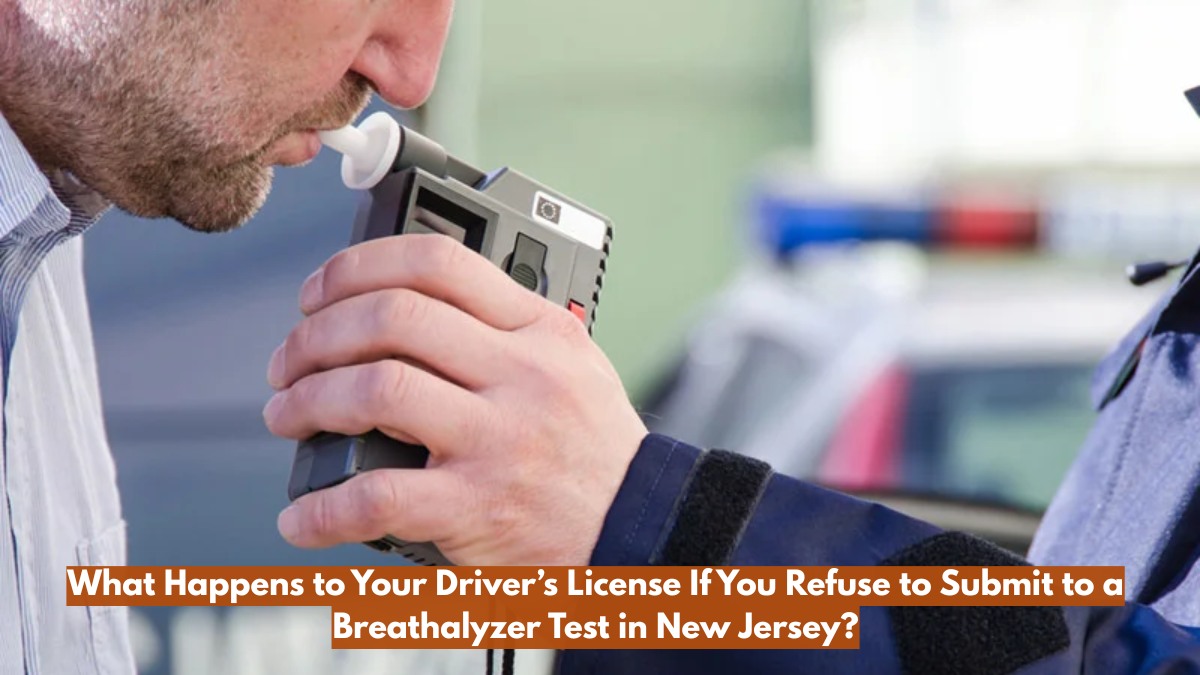
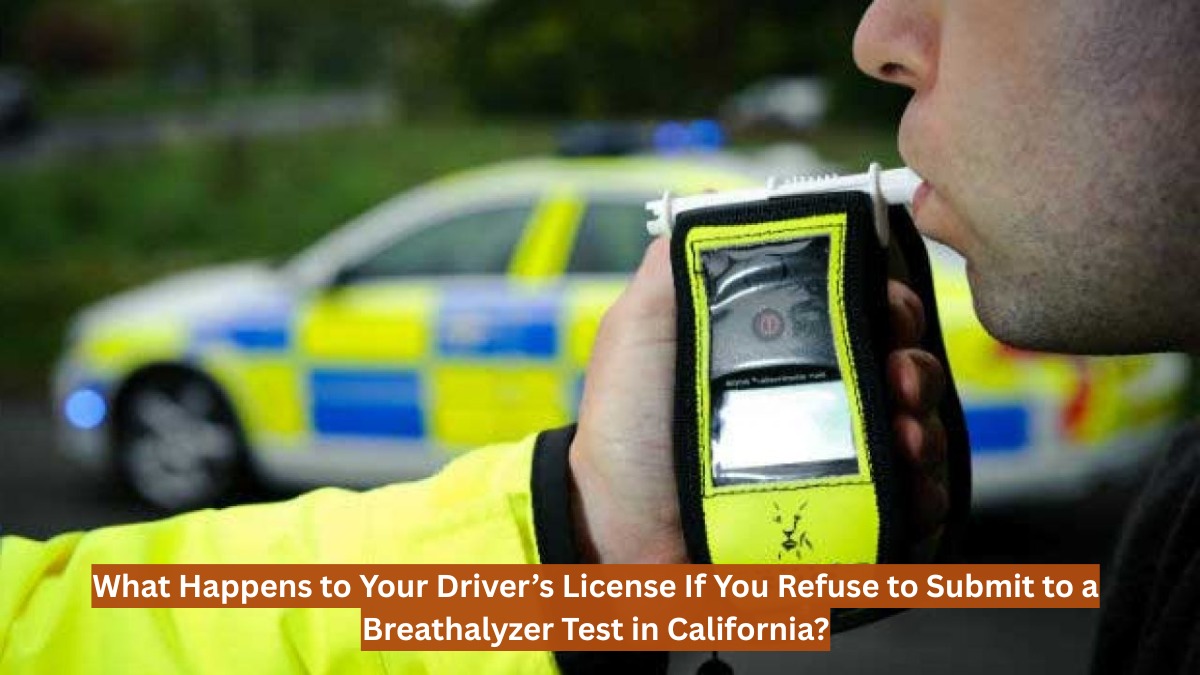
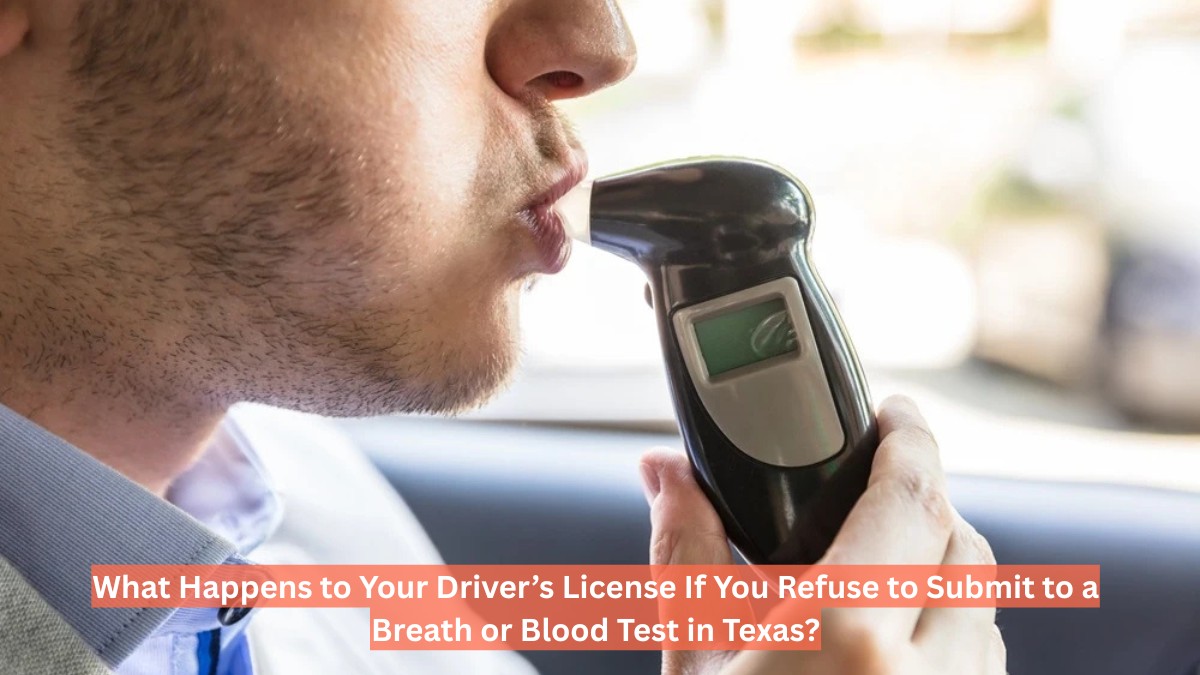
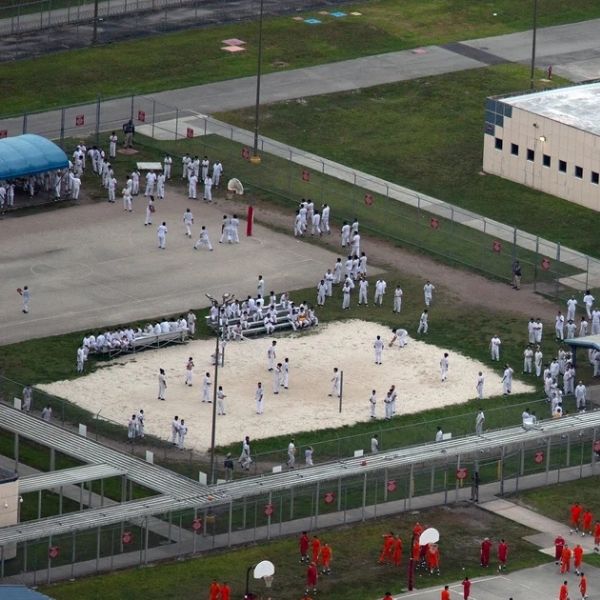
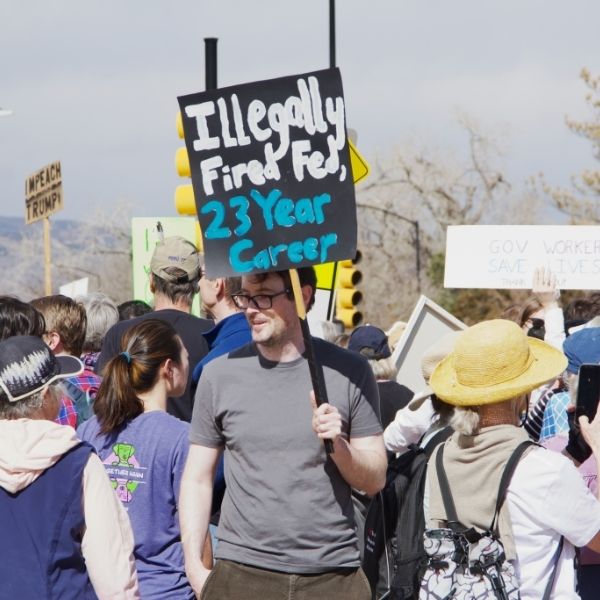
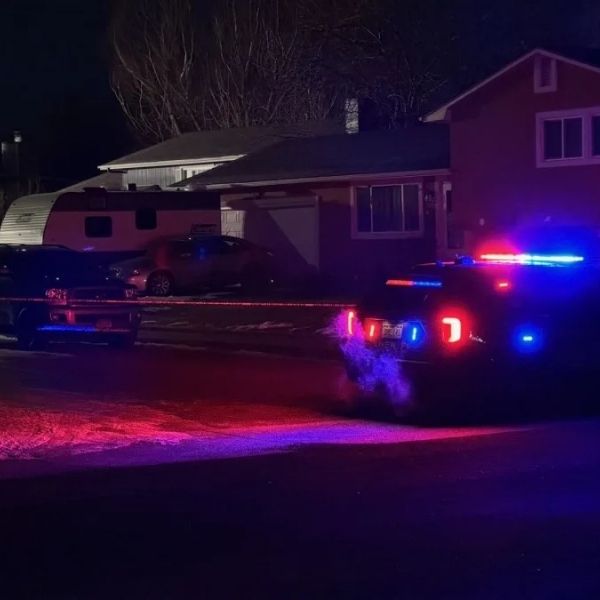
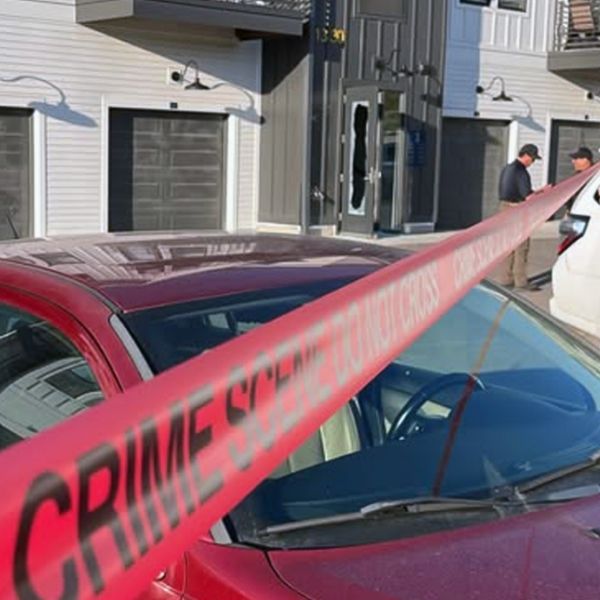





Leave a Reply